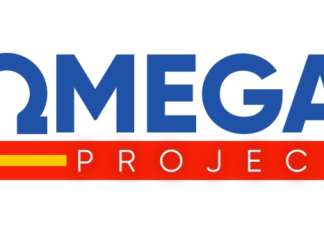Nutonomy, a startup that was an MIT project, is testing its service in Singapore as a robo taxi outfit. The tests started in August in the country. Nutonomy’s relationship with the Singaporean government following a $16 million funding round enabled it to gain authorization to begin testing their self-driving vehicles in the country.
The Boston-based company announced a partnership with the Massachusetts Department of Transportation and the city of Boston which allows trials to expand to Boston’s Seaport section.
The company’s press release states testing will begin before the end of the year in Raymond Flynn Marine Park. The company develops software for self-driving vehicles. Nutonomy’s agreement with the city allows the company to test its vehicles on specific roads in the city.
Nutonomy’s tests in Singapore will allow the company to use its initial data and expand its software to US roads. The company plans to launch a self-driving taxi service in Singapore by 2018.
The company will use the Boston trials to learn more about local signage and the behaviors of pedestrians, drivers and cyclists in the area. The company will work with the city of Boston to plan further trial streets in the near future.
A memorandum of understanding (MOU) was signed in October between Nutonomy and the city. The city will use the company’s trials for its own data on autonomous vehicles as part of the city’s Go Boston 2030 plans.
Boston’s Mayor Martin J. Walsh states, “Boston is ready to lead the charge on self-driving vehicles, and I am committed to ensuring autonomous vehicles will benefit Boston’s residents.”
The company hasn’t announced plans to open its commercial service in the United States. The company’s main competitors are Uber and Google. Google has two million miles of testing data, and is an industry leader with seven years of experience. Neither Google nor Nutonomy have publicly disclosed plans for commercializing their self-driving vehicles in the US yet.





























